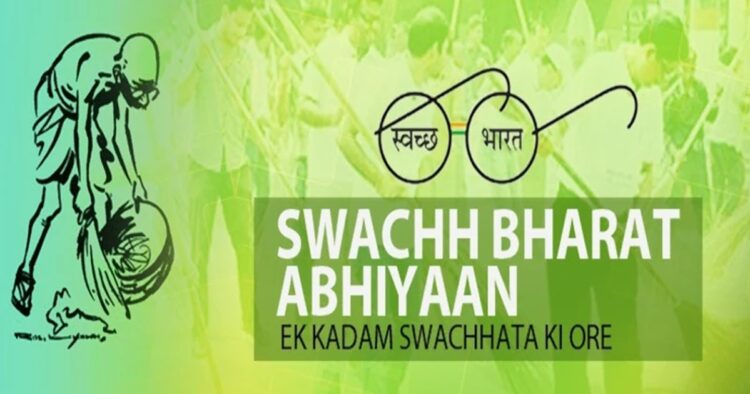Today, India marks the tenth anniversary of the Swachh Bharat Mission (SBM), it is a great moment to reflect on the significant strides made toward achieving a cleaner, healthier country. The initiative is celebrated annually on Mahatma Gandhi’s birthday, aims to eliminate open defecation, improve solid waste management, and enhance awareness around sanitation, particularly menstrual health management.
This monumental campaign has seen the participation of millions across the nation, reflecting a collective commitment to hygiene and cleanliness. The Swachh Bharat Mission is restructured version of the Nirmal Bharat Abhiyan initiated in 2009. However, India’s journey toward better sanitation began much earlier, with formal programs dating back to 1954. This evolution included the Central Rural Sanitation Programme in 1986, the Total Sanitation Campaign (TSC) in 1999, and the Nirmal Bharat Abhiyan in 2012.
Phase 1 of the Swachh Bharat Mission was set with an ambitious goal: to achieve an ODF status for the country by the 150th birth anniversary of Mahatma Gandhi on October 2, 2019. This led to the construction of approximately 90 million toilet across rural and urban India. The mission sought to eradicate manual scavenging, change public behavior towards sanitation and empower local governance structures.
The focus shifted to sustaining the ODF status, improving solid and liquid waste management, and enhancing the welfare of sanitation workers. These efforts align with the United Nations Sustainable Development Goal (SDG) 6, specifically target 6.2, which aims for equitable access to sanitation and hygiene facilities for all.
The SBM was officially inaugurated by Prime Minister Narendra Modi at Rajghat, New Delhi, linking symbolically the campaign to Gandhi’s vision of a clean India. The initiative engaged three million government employees, students and citizens, uniting them in the goal of cleanliness across 4,043 urban and rural areas.
The mission operates on a dual structure: ‘SBM – Gramin (rural) managed by the Ministry of Drinking Water and Sanitation and SBM-Urban overseen by the Ministry of Housing and Urban Affairs. The rural component involves a multi-tier governance mechanism to ensure effective implementation, with financial support aimed at constructing nearly 90 million toilets from 2014 to 2019.
















Comments